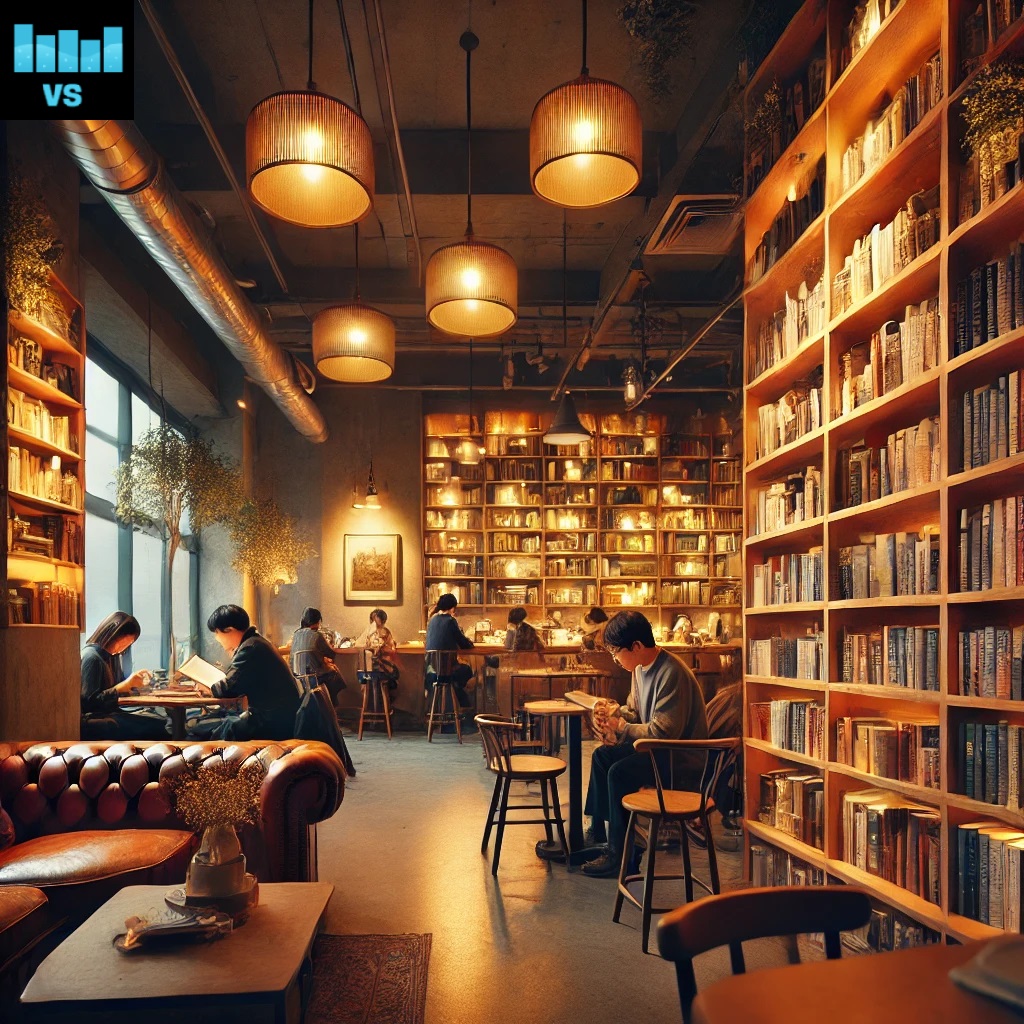The Role of Mood in Defining the Vibe: Understanding Its Emotional Impact
We often hear the word vibe used to describe the overall atmosphere or energy of a situation, but mood is just as important when defining this feeling. Like vibe, mood refers to the emotional tone or climate of a person, place, or event. However, the concept of mood is a little more specific—it refers to the current emotional state that influences how we perceive and interact with the world around us.
In this article, we will explore the idea of mood as a synonym for vibe, and how it plays a crucial role in shaping our experiences, relationships, and overall well-being. Understanding the impact of mood can help us become more aware of how we influence the environment around us and how we can shift our emotional state to create the ideal vibe for any situation.

Mood as a Vibe Synonym: What Does It Really Mean?
When people talk about the vibe of a space, a conversation, or a person, they are often referring to the mood that’s present. Mood acts as a specific emotional condition that can change throughout the day or in response to certain triggers. Unlike vibe, which can refer to a more general or broad sense of feeling, mood delves into the emotional aspect of this energy.
For example, if someone says, “The vibe at the party was great,” they are generally referring to the overall atmosphere and energy. However, if they say, “The mood at the party was festive,” they are pointing more to the emotional tone of the event—people were feeling joyful, excited, and celebratory.
Mood influences how we perceive and interact with the world, just like vibe. When you’re in a good mood, you tend to see the world through a more optimistic lens. You’re more open, social, and connected to others. On the flip side, when you’re in a bad mood, your perspective can become clouded, and you may feel irritable, distant, or defensive.
In this sense, mood serves as an important factor in defining the vibe of a situation—whether it’s a workplace, a social event, or even a quiet moment of introspection.
The Impact of Mood on Social Interactions
Your mood significantly impacts how you connect with others and how your interactions unfold. It can determine whether a conversation is lighthearted or tense, whether you feel like being social or keeping to yourself. Just like vibe, mood is contagious—it can influence the emotional tone of a group or social setting.
For instance, if you walk into a room and you’re in a positive mood, your friendly energy may uplift those around you. Others will likely respond to your positive attitude with openness and warmth, creating an overall uplifting vibe. On the other hand, if you enter a space feeling irritated or upset, your mood can shift the vibe toward discomfort or tension. People may feel on edge or struggle to engage in casual conversation, thus altering the collective emotional tone of the environment.
In social settings, the mood of the group can make or break the success of an event. Imagine a gathering where everyone is in a joyful mood—there’s laughter, easy conversation, and a sense of camaraderie. Conversely, if people are in a more somber or downbeat mood, the vibe can feel heavy, and the energy of the room may not be as inviting.
Understanding the mood of a room or group of people allows you to adapt your own behavior to create a more harmonious environment. If the mood is low, you can introduce humor or light conversation to uplift the atmosphere, or if the mood is already high, you can match that energy to stay engaged.
How Mood Affects Our Perception of Places and Events
Just as mood impacts our social interactions, it also plays a major role in how we experience different places and events. The mood of a setting helps shape the vibe and influences how we feel while we are there. For example, a place that might seem inviting and calming to one person may feel sterile or uncomfortable to someone in a different emotional state.
Take a café as an example: If you’re in a good mood, the cozy atmosphere of the café—dim lighting, soft music, and warm beverages—might seem perfect for relaxation and socializing. However, if you’re feeling stressed or upset, the same environment could feel crowded, chaotic, or draining, affecting your overall experience.
Likewise, events are often described by their mood. For instance, a wedding might have an uplifting and joyful mood, while a somber memorial service would have a more reflective and respectful emotional tone. The vibe of these events is created by the collective mood of the people involved, the setting, and the nature of the occasion.
Understanding how mood influences your experience of places and events allows you to approach situations with a clearer emotional state. By recognizing the emotional tone of a place or gathering, you can adjust your expectations and mindset, which will help you enjoy or navigate the event more easily.
Shifting Your Mood to Enhance Your Experience
One of the most powerful tools for changing the vibe of a space is shifting your own mood. While it’s natural to experience fluctuations in your mood, you don’t have to stay stuck in a negative or unproductive emotional state. By taking control of your mood, you can alter the emotional atmosphere around you, thus influencing the vibe of any situation.
Here are a few strategies to help shift your mood:
- Practice Gratitude: Reflecting on the things you’re grateful for can instantly change your mood, helping you shift from a negative or indifferent emotional state to one of positivity and openness.
- Engage in Physical Activity: Exercise is a great way to boost your mood. Physical movement releases endorphins, which are chemicals in the brain that improve mood and reduce stress.
- Listen to Uplifting Music: Music has a powerful effect on mood. Listening to your favorite upbeat songs can help you shake off negative emotions and lift your spirits.
- Meditation and Mindfulness: Mindfulness practices can help you become more aware of your emotional state and allow you to shift into a more positive mindset.
- Surround Yourself with Positive People: The mood of the people around you can affect your own mood. Being around people who radiate positivity and optimism can help you feel better.
By taking control of your mood, you create a more favorable vibe for yourself and others. Whether you’re attending an important meeting, going to a social event, or spending time at home, the mood you carry with you has the power to enhance your experience and the experience of those around you.
Conclusion
Mood plays a crucial role in defining the vibe of a person, place, or event. While vibe is often used as a broad term to describe the overall feeling of a situation, mood gets to the heart of the emotional tone that drives how we experience the world. By understanding how mood influences both our perceptions and interactions, we can become more mindful of the emotional atmosphere we create in various situations.
Whether you’re striving to foster a positive vibe in a social gathering or shift your own mood to enhance your day, being aware of how emotions influence our environment can help you navigate life with greater intention. By harnessing the power of mood, you can create the ideal vibe for any occasion, leading to more fulfilling and connected experiences.
